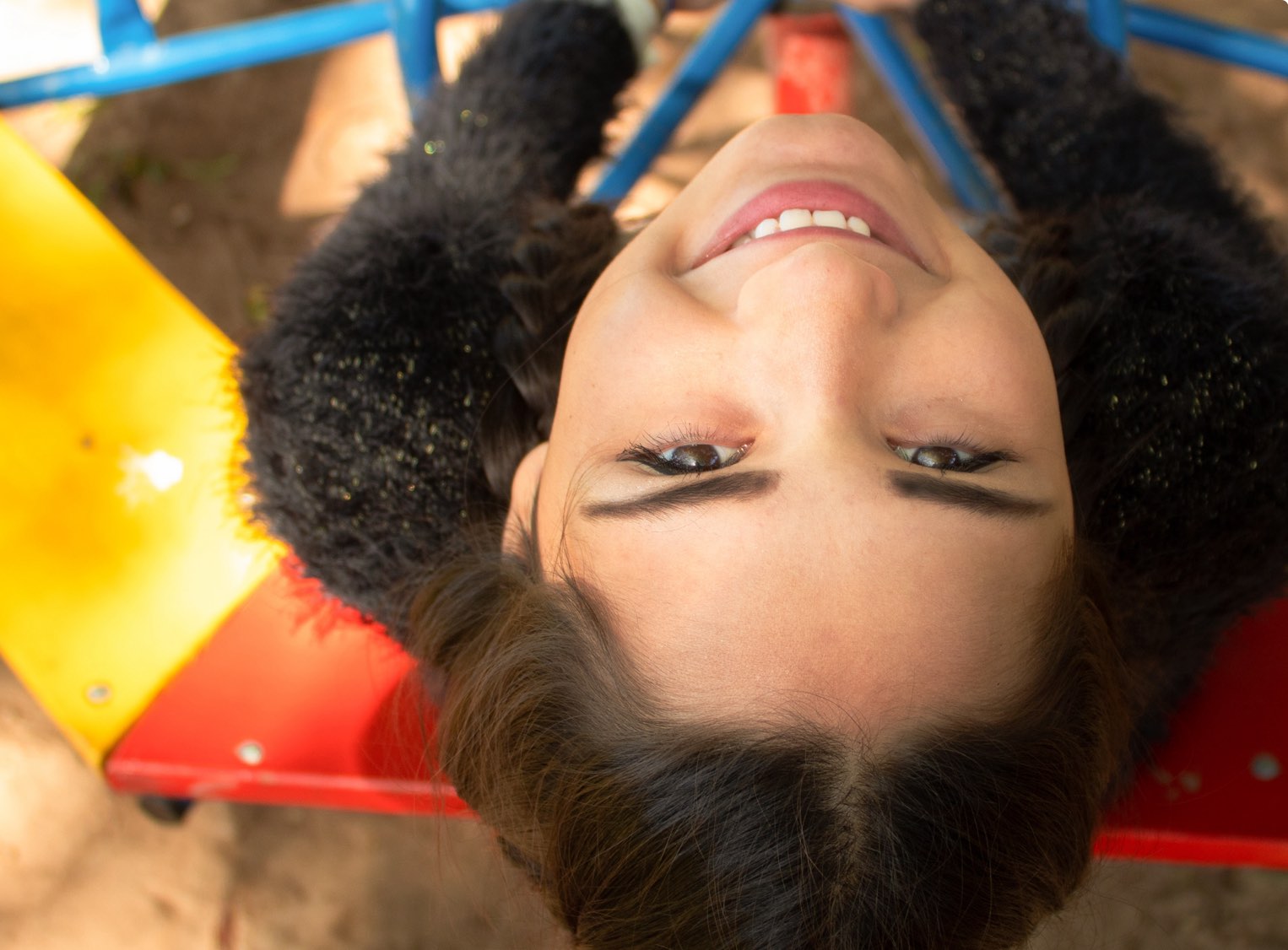Photo by Oleg Moroz on Unsplash
This newsletter is the third in our series on interoception and in this newsletter I am going to focus more on how interoception is linked to our emotions and our ability to self-regulate.
How is interoception linked to our emotions?
Interoceptive awareness is our ability to notice the signals from our body, to feel the sensations from within our body. Different emotions feel different in our bodies. For example, if I am feeling nervous, I know how that feels for me in my body. I start to feel hot and sweaty; I can hear my heart beating; I find it difficult to keep still; I might feel a bit nauseous. These sensations in my body signal to me that I am nervous. I connect my body signals to an emotion. I have learnt over time, what my body is signalling to me and the emotion that is related to these body signals. For each of us, we may have very different body signals when we feel an emotion. For example, you might want to think about how your body feels when you are nervous. How is that similar or dissimilar to how I feel? It is important to recognise that we all have unique interoceptive experiences.
Without good interoceptive awareness, it can make it difficult to work out our emotions and therefore makes it difficult to know what we are feeling and what we can do about it. Our internal sensations are so important in understanding emotion words.
How is interoception linked to self-regulation?
To self-regulate, we need to be able to notice our body signals, connect them to the emotion we are feeling, and then know what action to take to help ourselves when we feel like this. These body – emotion – action connections form the foundation of self-regulation, but it is complicated and involves good interoceptive awareness to first be able to notice our body signals. It may then be too hard for us to connect those feelings to an emotion, but we might be able to take some action. To use an example of two people who are very sensitive to noise and how they may well react differently. I am sensitive to loud noises, for example if the TV is on too loud, my ears feel like they want to curl in on themselves, I raise my shoulders and tense my neck muscles. These are my body signals. I can then identify the emotion I am feeling from these body signals. I can feel that I am becoming distressed by the noise, it is too much for me to ignore or manage. My action would be to ask my family members to turn the TV sound down. I can self-regulate. I have recognised what my body is telling me, I have connected those feelings to the emotion, and I have put in place an action.
Joe is also very sensitive to noise, when the classroom becomes very noisy or a particular pupil cries staff can see that he becomes distressed. He might cover his ears, or try and leave the room, or he may bang his head. Joe is non-speaking and it is difficult for him to express the emotion. At times he can self-regulate by leaving the classroom and taking himself to a quiet area – the action. At other times, he needs staff to help him with the action, this is co-regulation. They may offer him ear defenders, or to go outside on the trampoline as staff have learnt that both these strategies help Joe in noisy situations.
The danger of promoting compliance
It is worth noting here how often we seek compliance especially from children within the education system. The danger of compliance is that we are teaching children to ignore what their body needs, what their body is telling them, in order to please other people or to meet the demands of others. We are conditioning them to think that what others want is more important than what my body is telling me. We are therefore teaching children not to listen to their bodies, and so how can we then expect them to learn how to regulate themselves.
Resources
Interoceptive Science: Transforming Self-Regulation, Co-Regulation, Compliance, and Emotions



